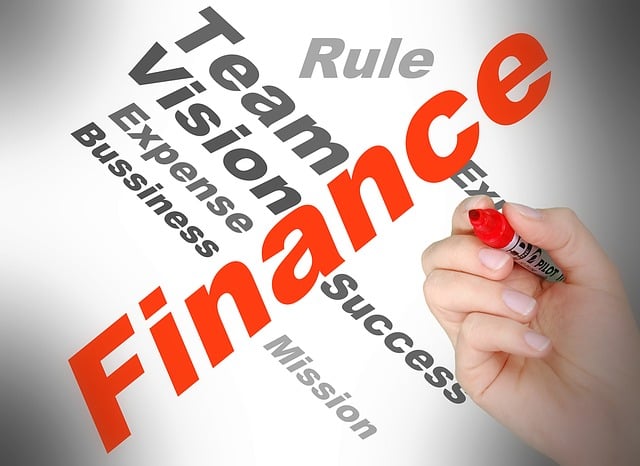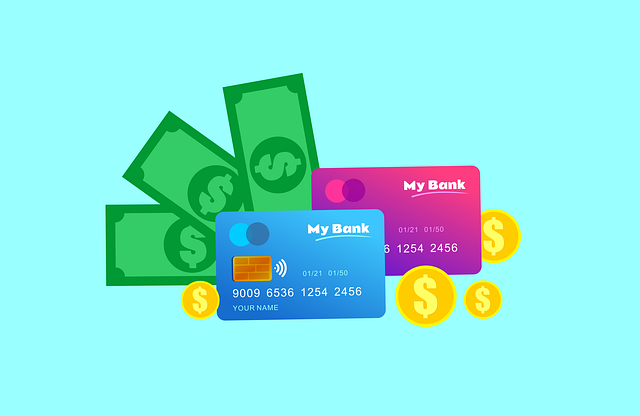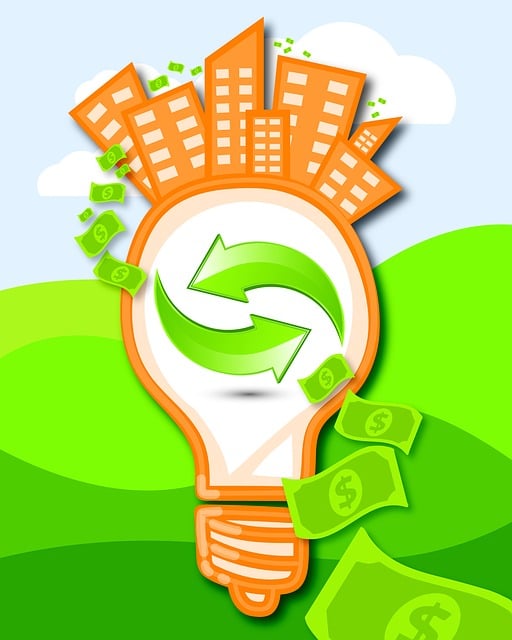In times of financial crisis, loan consolidation options are powerful tools for managing overwhelming debt. Combining multiple loans at lower interest rates simplifies repayment and saves money. Alongside emergency debt assistance programs and reputable debt settlement alternatives, these strategies offer much-needed relief and help individuals regain control over their finances, paving the way for long-term loan debt consolidation. Avoiding risky "debt settlement programs" that charge high fees and may be illegal, legitimate emergency debt assistance from non-profits provides safer solutions with tailored counseling and financial management education.
Struggling with multiple loans? Discover the power of government loan consolidation options—your key to financial freedom. This comprehensive guide explores how to navigate financial crises with solutions like debt reduction plans and emergency assistance. Learn the ins and outs of loan consolidation, including when it’s the right move and what to avoid with debt settlement programs. Take control of your finances and explore these life-changing options today.
- Understanding Government Loan Consolidation Options
- Financial Crisis Solutions: When and How to Consolidate
- Exploring Debt Reduction Plans and Emergency Assistance
- Debunking Debt Settlement Programs: What You Need to Know
Understanding Government Loan Consolidation Options

When facing a financial crisis, understanding your government loan consolidation options can be a game-changer in managing and reducing your debt. Loan consolidation involves combining multiple loans into one single loan with a lower interest rate, making repayment more manageable. This is especially beneficial for borrowers with various types of debts, such as student loans, personal loans, or even mortgage debts, by simplifying the process and potentially saving money in interest payments.
With numerous financial crisis solutions available, exploring debt reduction plans like government loan consolidation can provide much-needed relief. Emergency debt assistance programs and debt settlement initiatives are also valuable resources for those seeking to break free from overwhelming debt. These options offer tailored strategies to navigate through challenging financial situations, ensuring borrowers receive the support they need to regain control over their finances.
Financial Crisis Solutions: When and How to Consolidate

During financial crises, many individuals and families find themselves burdened with multiple debts from various sources. This can be a result of unexpected expenses, job loss, or even reckless spending. In such situations, loan consolidation options emerge as powerful financial crisis solutions. Consolidating loans allows you to combine these debts into a single loan with a potentially lower interest rate and more manageable repayment terms.
This strategic move can significantly simplify debt management by reducing the number of payments you need to make each month, easing budget constraints. It’s important to consider debt reduction plans like consolidation when facing an emergency debt situation. Reputable financial institutions and debt settlement programs offer assistance in navigating this process, ensuring that you get the best terms possible. Remember that acting promptly can help mitigate interest charges and prevent further financial strain during challenging times.
Exploring Debt Reduction Plans and Emergency Assistance

Many individuals struggling with overwhelming debt find themselves in a financial crisis that requires immediate attention and effective solutions. Thankfully, there are various loan consolidation options and debt reduction plans available to help ease the burden. One of the first steps towards managing debt is exploring emergency debt assistance programs designed to provide temporary relief during difficult times. These initiatives often include grants or low-interest loans specifically targeted at helping individuals navigate through financial challenges.
Debt settlement programs are another avenue worth considering, offering a potential path to resolving debts entirely. These programs negotiate with creditors on behalf of the debtor, aiming to reduce the overall amount owed. By enrolling in such initiatives, borrowers may gain some breathing room and regain control over their finances. This proactive approach can be instrumental in preventing further financial strain and paving the way for long-term loans debt consolidation strategies.
Debunking Debt Settlement Programs: What You Need to Know

Many people facing a financial crisis are lured by promises of quick debt relief through so-called “debt settlement programs.” However, it’s crucial to approach these with caution. These programs often charge high upfront fees, promising to negotiate with lenders for significant reductions on your loans—a claim that is rarely realized. They can even be illegal or fraudulent, leaving individuals in worse financial shape than before, unable to access any loan consolidation options or debt reduction plans.
Instead of relying on unproven and potentially risky methods like debt settlement programs, consider exploring legitimate emergency debt assistance. This typically involves working with a reputable non-profit organization that offers counseling and guidance tailored to your situation. They can help you navigate loans debt consolidation options, develop a sustainable repayment plan, and provide education on financial management—all without the high costs or uncertainties associated with settlement programs.







